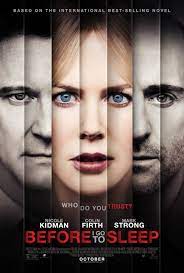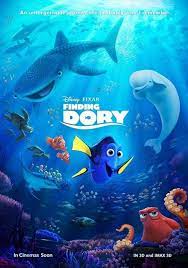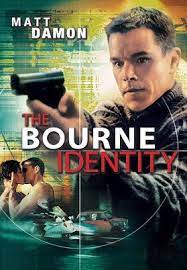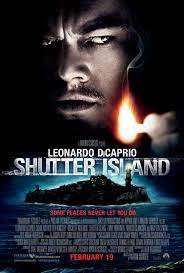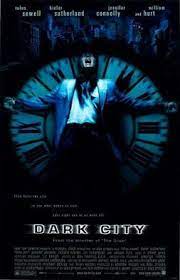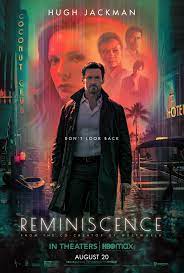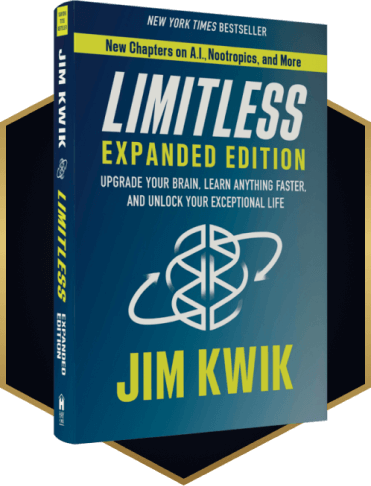Have you ever been in a meeting and forgotten the name of your client? Or found yourself so overwhelmed that you missed an important meeting? If your memory often fails in stressful moments, there’s good news: you can train your memory.
The human brain is adaptable. It’s is a muscle, and like any muscle, it needs training to stay fit. Memory training is one of the exercises you can do to keep your brain healthy, adaptable, and strong. But a trained memory is good for more than simple fitness. It can be one of your most valuable assets.
A good memory can help you at every age and stage of your personal and professional life. It enables you to store large amounts of information, learn new concepts faster, and recall important information when you need it. Friends and family will know they can depend on you, and remembering deadlines, meetings, and other important events and tasks will help you professionally.
People with a well-trained memory are recognized as smart, knowledgeable, independent, and competent. A sharp memory can impress clients and make them feel valued when you have key statistics at your fingertips during a presentation and can recall information to make decisions faster.
Here are some tips to start training you memory.
Warm-up Your Brain
Before you start any physical workout, you need to do warm-up exercises. It’s the same with your brain. A warm-up ensures that your muscles are limber so that you avoid injury. While you may not sprain your brain with mental exercise, it is possible to experience overload and overwhelm.
You would never train for a marathon by running all twenty-six miles. When first starting a new memory training program, you want to start slowly. That’s why all of our learning modules are less than thirty minutes a day. The point is to build up to your memory potential—not inundate it.
Practice your chosen exercise throughout the day. If it’s going to the grocery store without a list, practice remembering your list on your way to work, on your lunch break, and on your way to the grocery store. This keeps your brain flexible and on alert as you work towards memory expertise.
Challenge Your Brain
While you don’t want to start too aggressively, your brain still needs to feel challenged in order to gain momentum. If you don’t ever challenge your muscles, they’ll never get stronger, and you won’t achieve your goals. Your brain will find the same activity less challenging over time, so it’s important to add intensity, change the frequency, and vary the duration of your mental exercises.
You can do this by practicing multiple memory exercises throughout your day. Stop relying on your phone to remember dates, phone numbers, and other important information. Practice other exercises, like reciting the periodic table, doing simple mental math, and learning new vocabulary words.
Another way you can challenge your brain and stay mentally fit is to learn something new. Whether it’s learning how to play a musical instrument, picking up a second (or third) language, or mastering a new hobby like work working or knitting, simply engaging in the lessons will keep your brain active and engaged. Even better, you’ll find you have better focus, attention, and concentration in other areas as well.
Cross-train Your Brain
Cross-training is when you use different physical, mental, and creative exercises to stimulate specific areas of your brain so you can gain maximum benefits. By using a combination of activities, you can achieve faster results.
Think of it this way, you wouldn’t exercise only one muscle if you were trying to get in shape. You’d do cardio, strength training, endurance training, and focus on specific muscle groups on varying days. The same is true with your brain. Focusing only on remembering grocery lists, for example, wouldn’t necessarily help with phone numbers or putting faces to names. But to say you have a good memory, you’d want to have the ability to remember a wide variety of information.
Because your body and brain are connected, there are a variety of exercises you can do to help enhance cognitive performance and improve neural health. Let’s look at a few of these exercises that can help improve your memory when combined with a memory training program.
Physical Exercise
Physical exercise is improves cognitive function in the areas of concentration, problem-solving, attention, and recall, to name a few. When you challenge yourself with new physical activities it builds and maintains your cognitive skills even more. Your brain has to learn movements, form, and routines. Take swimming as an example. Swimming will improve your overall health, build muscles, and strengthen overall organ functionality. It keeps your brain active as you learn new skills, process the different type of swim strokes, track laps, and focus on controlling your breathing. You use both your body and your mind throughout the workout.
The healthier your body, the healthier your brain. Oxygen levels and blood flow both increase, making it easier for your body to transport oxygen and nutrients to your brain. You’ll have better awareness, more energy, and longer endurance. All of which helps you increase the maximum potential of your memory.
Mental Games
Any activity that is mentally challenging will exercise your brain, but certain games will be more beneficial than others. Chess is one of the better games you can play to improve your overall brain health. It increases the white matter in your brain and stimulates neural growth. Studies show chess can increase concentration, improve problem-solving skills, help prevent dementia, and in one study, improved the standardized test scores by almost 20%.
Puzzles are also good for the brain. Studies show completing a daily crossword or sudoku puzzle can increase neural activity and delay cognitive decline. They reduce stress, sharpen logic and reasoning, improve spatial reasoning and visual acuity, and help with short-term memory. Memory games that change the intensity, frequency, and duration of things you need to remember will push your brain towards maximum results.
Creative Activities
Creative activities are things like learning a new language, painting, writing, dancing, gardening, etc. Creativity is a whole brain activity that utilizes multiple areas of your brain simultaneously. It aids in cognitive skills like processing speed and problem-solving, but because you use your overall experiences to shape your ideas, it improves your memory while sparking imagination.
Enjoying activities that allow for self-expression such as journaling or expressive writing help your recall abilities, while learning how to play an instrument like the piano or violin stretches your muscle memory, and drawing or sketching exercises your visual memory.
Conclusion
Memory training isn’t a single approach. You want to combine a memory training program with physical exercise, creative activities, and fun brain games throughout the day. Training your brain will help you absorb more information faster so you can use it when you need it. The more you practice, the better your memory will get, and a good memory will play a significant role in your personal and professional success. Whether you are a student, teacher, parent, entrepreneur, public speaker, doctor, lawyer, or any other type of professional, a good memory is a strong asset that will take you far.
If you already have a good memory, you can still benefit from brain training. A healthy brain helps with better sleep, lower stress, and a more optimistic state of mind.
For more on how to train your memory, watch this video:

